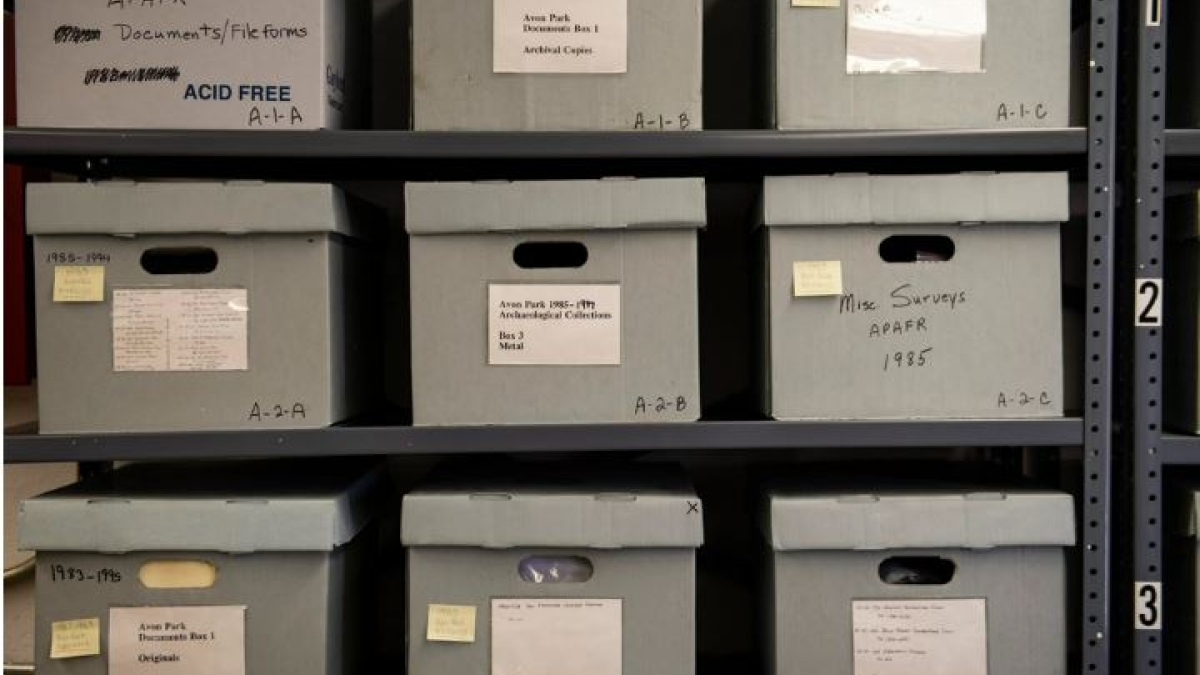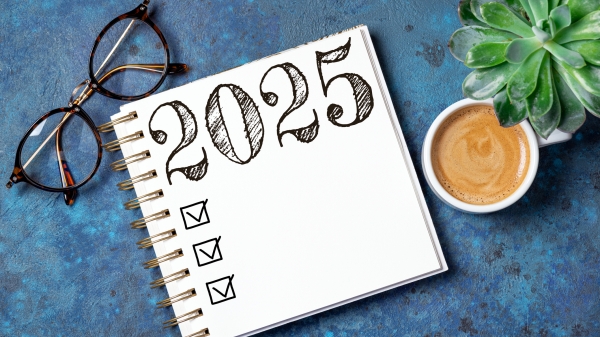ASU database celebrates growth, continued partnership with US Air Force, Indigenous communities

The U.S. Air Force's Avon Park Range catalogs the many artifacts found on the Florida range. The artifacts range in time from Paleolithic Native Americans to World War II. U.S. Air Force photo by Tech. Sgt. Perry Aston
In 2010, the United States Department of the Air Force looked to Arizona State University archaeologists to help preserve historical information about the cultural resources found on the lands their bases occupy.
By partnering with the Center for Digital Antiquity within the School of Human Evolution and Social Change, the U.S. Air Force was not only able to store and organize thousands of documents, but also make them easily accessible to the public through the center’s Digital Archaeological Record (tDAR) repository.
The database has grown exponentially over the past few years, now housing terabytes of information, with over 26,000 users annually.
“In the West, many people may think archaeology fieldwork occurs only on public federal lands, like the national parks or the national forests,” says Christopher Nicholson, associate research professor at the School of Human Evolution and Social Change and director of the Center for Digital Antiquity.
“When in fact, the Department of Defense manages millions of acres of land, and their archaeologists are continually finding historic and prehistoric artifacts. The prehistoric artifacts are from the ancestors of tribes, and (the Air Force) regularly works with these groups as they have extensive archaeological collections from decades of fieldwork.”
Recently, the tDAR team has been working with local tribes to upload such important historical information, much of which had been stored in filing cabinets for decades. Nicholson hopes more organizations will come to see the usefulness of tDAR.
“We recently completed our Digital Archive of Huhugam Archaeology in coordination with the Four Southern TribesThe Four Southern Tribes collectively refers to the people of the Gila River Indian Community, the Salt River Pima-Maricopa Indian Community, the Ak-Chin Indian Community and the Tohono O’odham Nation., and have projects with the Hopi and White Mountain Apache tribal historic preservation offices in the works,” he says. “We would like to continue to work with tribes on digital archiving and access solutions.”
tDAR was established in 2008 to organize and store archaeological items like maps, data and reports in one location. The goal of the repository is to make historic information easily available to both researchers and the public.
DAF now houses a total of 23 collections at tDAR. Because some of this content is sensitive, tDAR's system allows those who store information to have several levels of access and confidentiality. Most of the data stored at tDAR is open to the public, but some is only available to those within DAF or upon request.
“We have over 21,000 known archaeological sites and over 6,000 historic buildings and structures,” says Alison Rubio, cultural resources subject matter expert with the Air Force Civil Engineer Center.
“The Air Force has really embraced this project working with tDAR as a way for us to both digitally curate our records and also serve as a platform to make them easily available to the public and researchers. This also helps us meet our National Historic Preservation Act and Archaeological Resources Protection Act requirements to make our records available.”
The work that tDAR is doing with the Air Force is also beneficial to ASU anthropology students. Nicholson said it wasn’t until after college that he had a full understanding of who exactly does archaeology and what jobs are available to students. Now, students are being exposed to the important archaeology work that happens on military bases and public land.
“Archaeology done on military lands truly adds to our understanding of the nation's cultural heritage,” Nicholson says, “and tDAR is excited to support (the Air Force's) efforts to be good digital stewards of this information.”
More Science and technology

Beyond the 'Dragon Arc': Unveiling a treasure trove of hidden stars
NASA's James Webb Space Telescope (JWST) has set a new milestone: capturing images of over 40 individual stars in a galaxy so…

ASU selected as home and partner for CHIPS and Science Act-funded national facility for semiconductor advanced packaging
Following a week where a spirited effort by the Sun Devil football team captured the nation’s attention in the Peach Bowl, it is…

ASU professor shares the science behind making successful New Year's resolutions
Making New Year’s resolutions is easy. Executing them? Not so much.But what if we're going about it all wrong? Does real change…